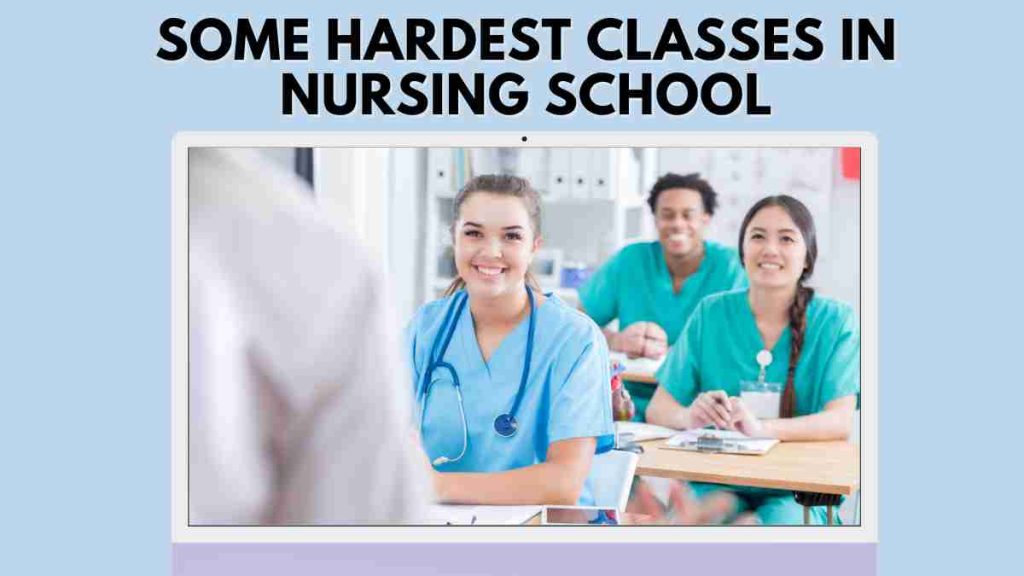- Oak Brook:(630) 705-9999
- Chicago:(312) 920-8822
- Email:inquiry@vervecollege.edu
- Make a Payment
- Home
- Programs
- Admission
- Resources
- ATI Entrance Exam Resources
- New E-Digital Library
- Refer a Friend
- School Newsletter
- Events
- Employers
- Job-Network
- Alpha Beta Kappa Candidates
- Verve College Library
- Graduation and Pinning Ceremony Photo Galleries
- Textbook Information
- Career Services
- Tutoring
- School Catalog
- FAQ
- Constitution Day Program
- Alumni
- Verve College Plans
- Financial Aid
- HEERF Reporting
- Satisfactory Academic Progress
- Apply For Financial Aid
- Net Price Calculator
- Return of Title IV Funds (R2T4)
- Financial Aid Office Code of Conduct
- Contact
- FAQs
- Verification Policy
- Vaccination Policy
- Student Right-to-Know Act
- Misrepresentation
- Information Security Program
- Academic Award Year
- Availability of Employee
- Cost of Attendance
- Health & Safety Exemption Requirement
- Students Rights and Responsibilities
- Leave of Absence
- Pell Formula
- Military Students
- Grants/ Scholarship Policy
- Contact Us
- Testimonials
- Blog
Is a Nursing Career Right For You?
Take The Free Quiz
Some Hardest Classes in Nursing School
Some Hardest Classes in Nursing School
Nursing school’s LPN courses for enhancing basic skills include such as pharmacology and pathophysiology can prove challenging. Here are the opinions of some health care teams on what you can expect when enrolling.
Earning a LPN diploma for clinical skills may appear daunting due to science courses, lab requirements, and clinical rotations. Students often struggle with advanced concepts in science that comprise their coursework requirements.
What is the Hardest Class in Nursing Courses?
Pre – requisite courses give practical nursing students a foundation for more advanced topics, but that does not make them accessible.
All night and weekend nursing programs (practical nursing program for LPN license) include the courses listed below, introducing professional nurses to complicated scientific ideas before delving into illnesses, pharmaceutical use, and other vocational nursing themes. These classes help determine whether clinical nursing majors can handle more challenging courses in future semesters.
A&P Class (1&2)
Nursing professors expect you to know more than what was covered in high school about human anatomy & physiology. Topics covered may include the skeletal, muscular, neurological, and cardiovascular systems as well as their interface in a wide variety of health care for individuals.
This course includes laboratory work in which students apply scientific ideas when slicing creatures or inspecting cells under a microscope.
Organic Chemistry
Find organic chemistry solutions here.
Organic chemistry entails the study of processes involving carbon compounds. Students studying organic chemistry can learn more about the effects of drugs, vitamins, carbohydrates, proteins, and other substances on the human body systems- it’s often taught through lab classes similar to anatomy and physiology.
What is the Hardest Class in Nursing Courses?
Students pursuing nursing school professional studies often face challenging classes after passing prerequisite classes, which require them to remember material from prior courses in biology, anatomy, physiology, and chemistry.
Professional nursing school coursework often includes memorization, writing, and reading exercises. According to practical nurses or healthcare team, here are the most challenging nursing curriculum courses.
Pathophysiology
This nursing education course teaches learners about the many structures of the body and how injuries and illnesses can harm them in clinical settings.
Related:- Balancing work and school while pursuing a nursing diploma
Alaina Ros, states: “Practically, this directly relates to each patient’s medical condition as well as any medications required and how their comorbidities will impact their overall health.”
Pharmacology
This course may appear daunting at first glance in long-term care facilities. One of our instructor, has noted that its sheer volume makes it one of the more difficult classes for nursing students due to all the information required in its entirety.
Lynch stresses the importance of taking pharmacology classes for students; even though they can be challenging, they’re crucial to direct patient care or patient-centered care (basic care).
Over 20,000 prescription medicine items have been approved for commercialization by the Food and Medicine Administration. According to CDC statistics, 48.6% of people have taken at least one prescription medication in the last month, and 24% have taken three or more.
Students should become acquainted with generic and brand-name drugs, their classifications, and purposes for use.
Medical Surgical 1 (Adult Health 1)
This clinical course addresses common health concerns or disorders affecting adults. Learners must possess an in-depth knowledge of anatomical concepts of nursing practice in health care facilities.
One of professional nurse describes this pre-requisite course as challenging because students must apply the knowledge acquired in previous classes to a specific disease process.
Beaver provides several helpful suggestions. Preparation is of utmost importance. To do this, compare information in both your book and slides. Instructors can give pre-lecture questions to help their students focus their reading and studying efforts more effectively.
Want to Make a Career in Nursing? Get More Information About Our Courses!
Evidence-Based Practice
Evidence-based practice as a course wherein “one takes an in-depth look at interdisciplinary health care settings research to develop best clinical practice standards in a variety of healthcare settings.
It means that nurse relies heavily on health science, with new evidence always coming out. However, class allows students to analyze data and determine how best to treat & give proper care to patients.
Students enrolled in LPN program from community colleges to gain critical thinking skills for continuing accreditation must read extensively and write concisely and scientifically for their assignments in a variety of settings & in clinical facilities, making the task particularly taxing for some learners.
 Sign up
Sign up Login
Login




